

Copyright(c) 2025 Behavioral Assessment, Inc. All rights reserved.
Highlights.........

Cultural Stress and Obesity Among Hispanic Adults in Los
Angeles
In
Los
Angeles,
Hispanic
adults
have
the
highest
rates
of
obesity
(29.4%)
in
the
county,
above
all
racial
and
ethnic
groups.
The
association
between
psychosocial
stress
and
obesity
is
well
documented;
life
stressors
were
correlated
with
a
16%
increase
in
the
risk
for
obesity
in
Hispanics.
However,
there
are
no
studies
on
how
cultural
stressors,
such
as
those
related
to
immigration
and
intergenerational
conflict,
relate
to
obesity
in
Hispanics.
The
current
study
used
the
Hispanic
Stress
Inventory-2
(HSI2)
to
examine
the
relationship
between
cultural
stressors
and
body
mass
index
(BMI)
in
a
sample
of
330
U.S.
born
and
immigrant
Hispanic
adults
in
Los
Angeles,
California.
This
study
is
part
of
an
on-going
NIMHD
funded
project to standardize the HSI2.
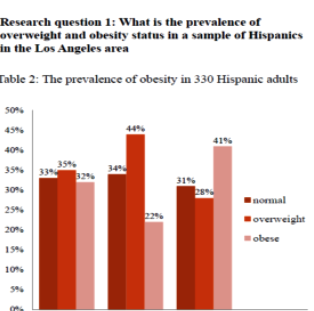

Tailoring
Treatment
to
the
unique
needs
and
stressors
of
Latino
Adolescents
-
Experiences
and
Findings
from
the
Culturally Informed and Flexible Family Therapy Program
The
presentation
provides:
1)
an
overview
of
behavioral
health,
conduct
and
delinquency
problems
in
Hispanic
Adolescents;
2)
gives
an
overview
of
current
treatments
for
conduct
problems,
including
drug
use
among
Hispanic
adolescents
3)
provides
a
synopsis
of
CIFFTA,
a
recently
developed,
culturally
tailored
treatment
for
Hispanic
adolescents;
4)
discusses
the
integration
of
culturally
based
Stress
assessment
as
a
diagnostic
and
"tailoring"
tool
and
5)
provides
information
about
the
Hispanic
Stress
Inventories and how they are used in the CIFFTA treatment tailoring for youth and parents.

Examining the influence of cultural stressors on depression in Hispanic adolescents
Objective.
Stress
associated
with
family
expectations
and
planning
for
the
future
are
normative
experiences
of
adolescence.
However,
Hispanic
adolescents
also
face
non-normative
culturally
specific
stressors
such
as
anti-
immigrant
attitudes,
family
separation
issues,
and
negative
public
references
toward
their
ethnic
identity.
Currently,
there
are
few
studies
that
identify
how
culturally
specific
stressors
impact
mental
health,
particularly
among
youth
in
clinical
settings.
The
current
study
aimed
to
identify:
(1)
how
cultural
stressors
differ
for
adolescents
in
clinical
treatment
compared
to
adolescents
in
the
general
population;
(2)
the
association
between
cultural
stress
and
depression,
net
the
effects
of
gender;
and
(3)
if
group
membership
(e.g.
clinical
versus
non-clinical
setting)
moderates the relationship between cultural stress and depression
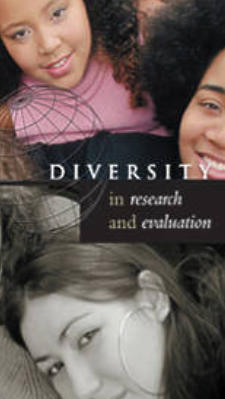









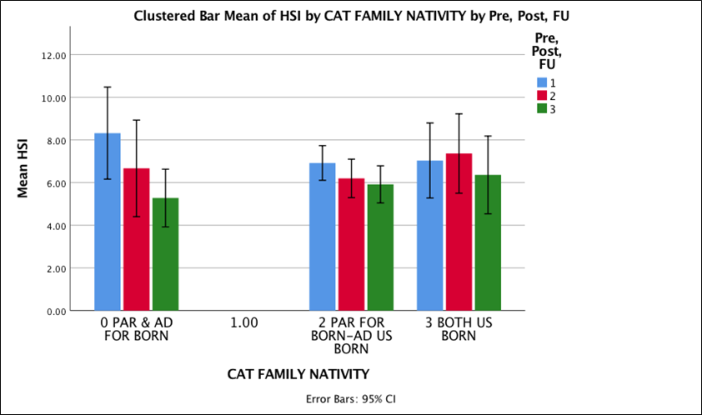

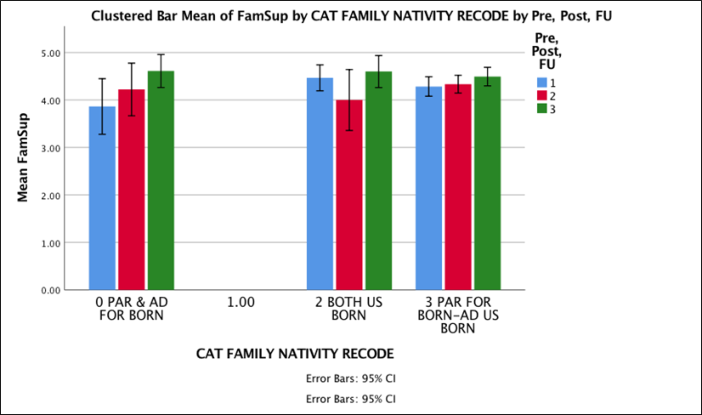

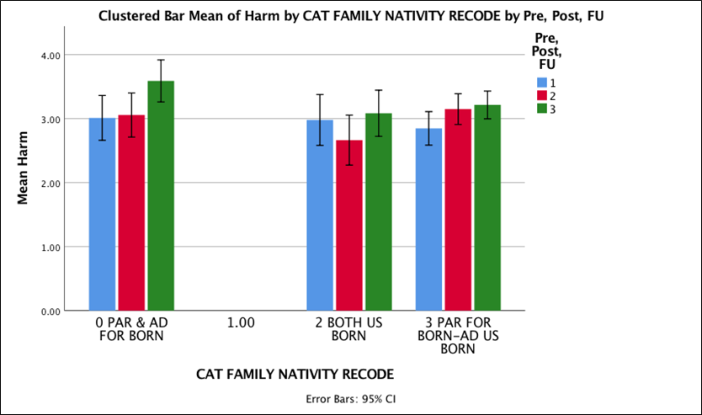

BEHAVIORAL ASSESSMENT, INC.


















